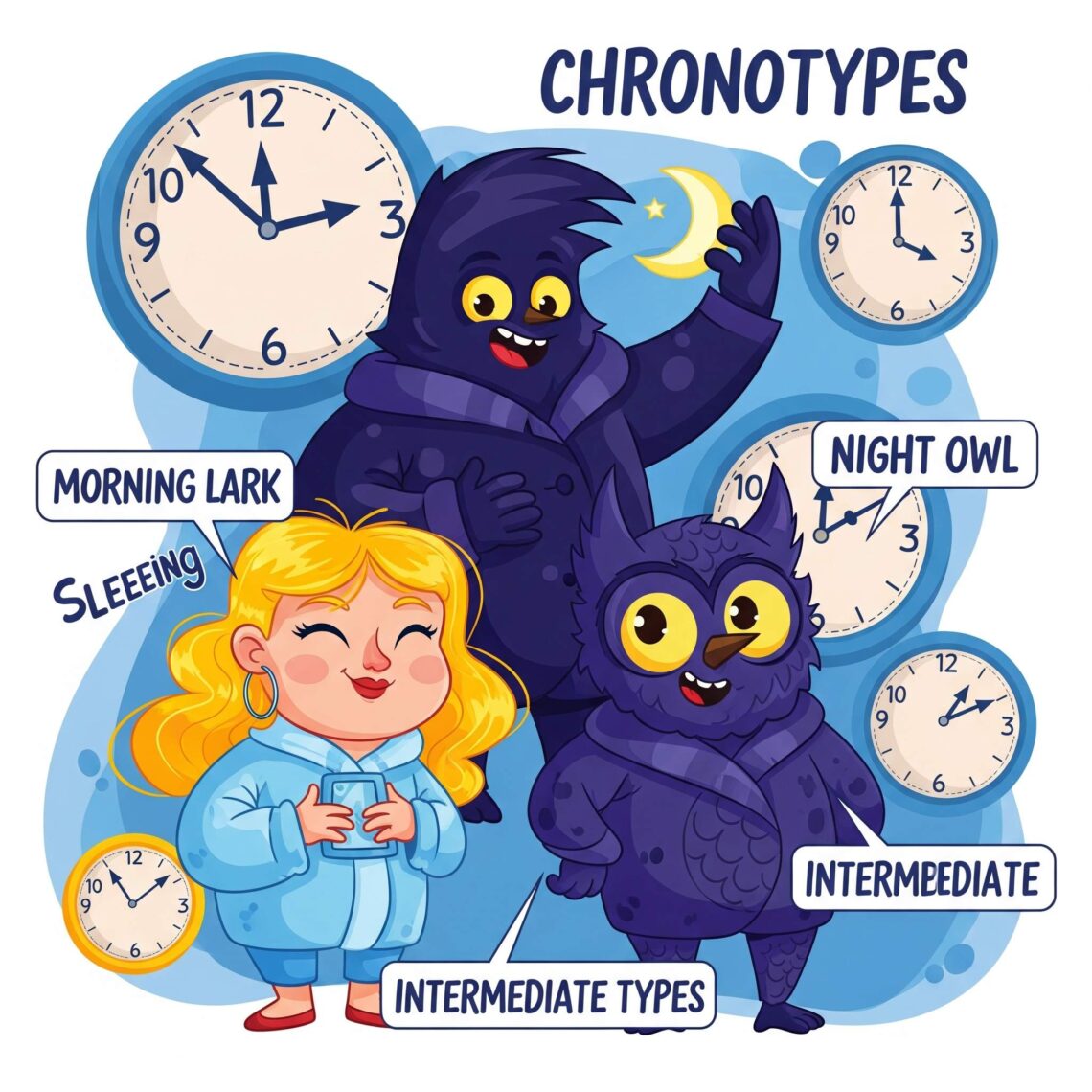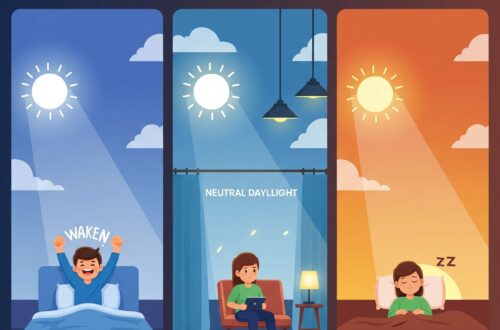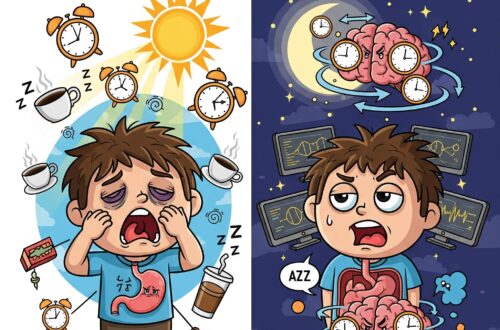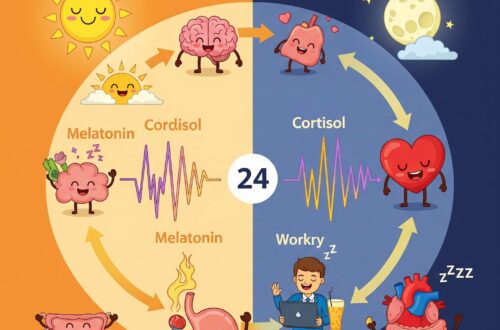Have you ever wondered why some people jump out of bed at sunrise while others don’t feel alive until after midnight? The answer lies in your chronotype—your body’s natural preference for sleeping and waking. If you’re searching for what is a chronotype, this guide will explain everything you need to know about this fascinating biological concept and how it can transform your life.
A chronotype is your unique biological rhythm that determines when you feel most alert or sleepy throughout the 24-hour day. It’s a personal sleep-wake preference regulated by your internal body clock, or circadian rhythm.
Some people are naturally early birds (morning chronotypes), while others are night owls (evening chronotypes). Most people fall somewhere in between. Chronotypes are influenced by genetics, age, lifestyle, and environmental cues like light and temperature.
The 4 Main Chronotypes
Modern chronobiology research classifies people into four main chronotypes:
- Lion (Morning Type)
- Wake early, high energy in the morning
- Productivity peaks before noon
- Sleep early in the evening
- Bear (Typical/Intermediate Type)
- Follow the sun—wake around 7–8 AM
- Productivity aligns with daytime hours
- Most common chronotype
- Wolf (Evening Type)
- Slow mornings, peak energy in the evening
- Thrive at night, often creative types
- Prefer to sleep late and wake late
- Dolphin (Light Sleeper/Irregular Type)
- Struggle with deep sleep and focus
- May experience insomnia
- Productive in short bursts throughout the day
Why Your Chronotype Matters
Understanding what a chronotype is can improve many aspects of your life:
- Sleep Quality: Aligning your schedule with your chronotype helps reduce insomnia, fatigue, and daytime drowsiness.
- Productivity: Knowing your peak focus times lets you plan deep work sessions more effectively.
- Health: Misaligned chronotypes (also called “social jet lag”) are linked to obesity, depression, and cardiovascular issues.
- Relationships: Knowing your partner’s chronotype can improve shared routines, sleep, and communication.
How to Discover Your Chronotype
To find your chronotype, ask yourself:
- When do you feel naturally sleepy and alert?
- Do you perform best in the morning, afternoon, or night?
- Are you groggy or sharp when you wake without an alarm?
You can also take a chronotype quiz, such as the MEQ (Morningness-Eveningness Questionnaire) or use apps and wearables that track your sleep-wake cycles over time.
Can You Change Your Chronotype?
Your chronotype is largely genetic, but lifestyle changes can help you adjust slightly. For example:
- Get bright light exposure early to shift your rhythm earlier.
- Avoid blue light at night to promote earlier sleep.
- Use consistent sleep-wake times to reinforce your ideal schedule.
However, you shouldn’t force yourself into an unnatural pattern long-term. Instead, try to align your work, meals, and exercise with your natural rhythm.
Honor Your Chronotype
Now that you understand what is a chronotype, it’s clear that honoring your body’s natural timing is key to better sleep, energy, and performance. Instead of fighting against your chronotype, work with it—adjust your schedule to suit your peak periods, and you’ll notice a major improvement in your overall well-being.
Top Circadian Essentials Tools and Devices
























